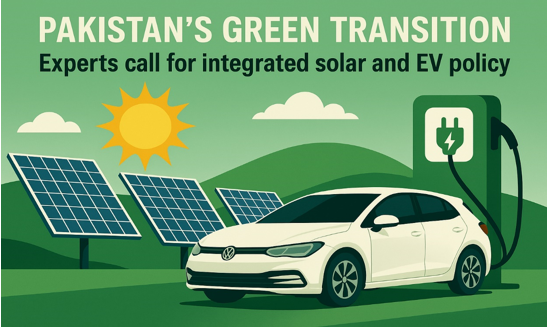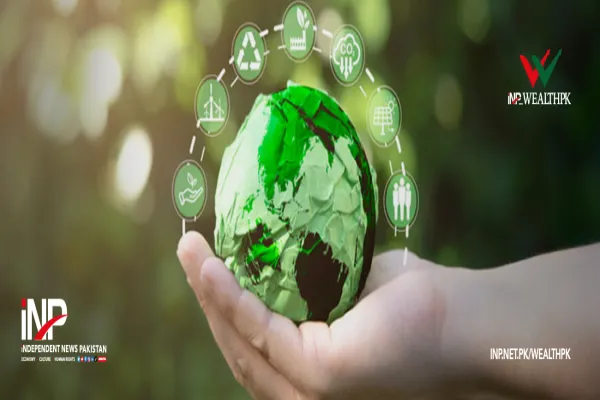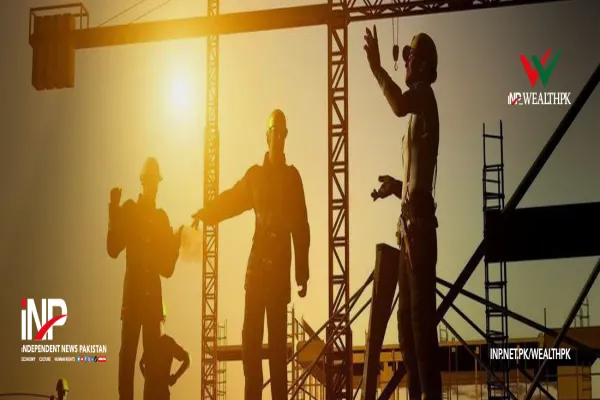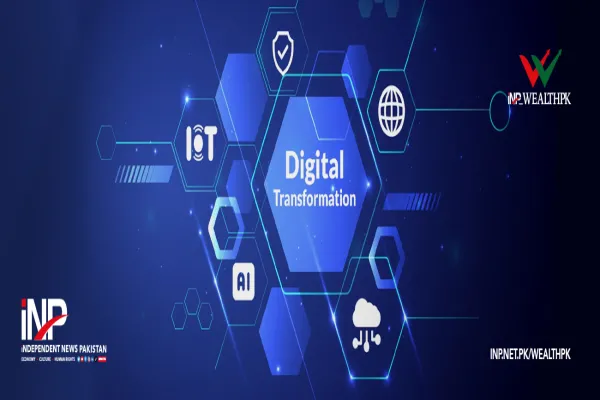i INP-WEALTHPK
Amir Saeed
Pakistan’s green transition requires an integrated solar and electric vehicle policy to modernise infrastructure and ensure sustainable energy and transport systems.

Talking to WealthPK, Farhan Wahid, a green finance researcher at Quaid-i-Azam University, Islamabad, said that Pakistan is undergoing a significant transformation in its energy and transportation sectors, driven by the urgent need to address climate change, reduce emissions, and strengthen energy security.
He emphasised that the country’s green transition requires an integrated policy approach that connects the growing solar energy sector with the emerging electric vehicle (EV) market. “Without a unified strategy, the momentum in both areas could lose direction and fail to achieve long-term sustainability.”
“The solar sector has seen impressive growth in recent years, with the country now ranked among the top solar markets globally. This expansion has made clean energy more accessible, yet it has also led to complications such as grid management challenges, affordability concerns for lower-income groups, and financial strain on the energy sector,” he noted.
Wahid pointed out that the government has set an ambitious goal of converting 30% of all vehicles to electric by 2030, part of a broader strategy to reduce dependence on fossil fuels and curb air pollution in urban areas. “Despite this ambition, the lack of coordination between energy and transport policies is limiting the potential benefits of these developments.”
Talking to WealthPK, Dr Saiful Mujahid, a development economic researcher at University of Chitral, opined that aligning solar and EV policies can create powerful synergies. “For instance, deploying EV charging stations powered by solar energy can alleviate pressure on the national grid while promoting clean transportation.”
“Incentives such as subsidies for consumers who adopt both rooftop solar panels and electric vehicles could encourage a faster transition and make clean technologies more affordable for households. In addition, green financing mechanisms — like low-interest loans and accessible leasing options — could help overcome financial barriers and increase adoption rates,” he underscored.
Mujahid emphasised that public awareness and education campaigns also play a crucial role in driving change. “Many consumers are still unfamiliar with the practical and financial benefits of solar-powered EV systems. Educating the public on long-term savings and environmental impacts can create a stronger market demand and push policymakers to act more decisively.”
However, he pointed out that institutional and financial hurdles persist. “Banks are often hesitant to finance green initiatives due to uncertainty in returns, and the absence of a centralised body to streamline policy implementation results in fragmented and inefficient efforts.”
To address this, he recommended the formation of a dedicated authority to harmonise strategies across sectors, along with stronger public-private partnerships and support from international climate finance institutions. “By taking a holistic approach, the country can unlock the full potential of its green energy and transportation ambitions, setting a precedent for sustainable development in the region.”
Credit: INP-WealthPk








